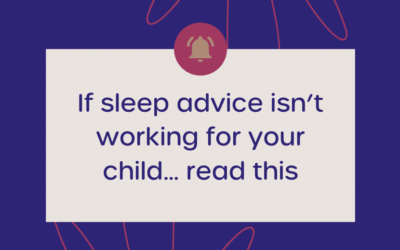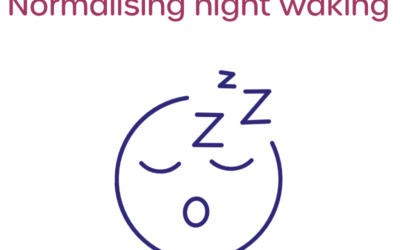I thought I knew what to expect. I was a paediatric nurse, for goodness’ sake. I’d spent years reassuring worried parents, handling medical emergencies, and calmly supporting families through some of the toughest moments of their lives. I knew about feeding, sleeping, development, reflux, colic—you name it, I’d advised parents on it. I genuinely believed that when I had my own baby, I’d breeze through it.
But nothing—absolutely nothing—prepared me for the loneliness of early motherhood.
I remember sitting on the sofa in the middle of the night, my baby finally asleep on my chest, my body aching from exhaustion. The house was silent except for the rhythmic sound of her breathing, but inside my mind? Absolute chaos.
Was she too hot? Too cold?
Did she feed enough?
Why is she making that noise? Should I Google it? No, I shouldn’t Google it. But what if it’s something serious?
I felt like I was trapped in a relentless cycle of second-guessing every single thing I did. Every decision—how I fed her, how I got her to sleep, how I dressed her—felt like a high-stakes exam I was failing. I’d read one thing, then another piece of advice would contradict it, and suddenly I was spiraling, convinced I was ruining my baby forever.
And the worst part? I had no one to turn to.
Not because there weren’t people around—I had family, friends, even colleagues who had been through it before—but because I felt like I should have known what I was doing. I had built a career helping families with their babies, yet here I was, completely lost. How could I admit that? How could I say, “I feel like I’m failing” when I was supposed to be the expert?
So, I stayed quiet. I smiled when people asked how I was doing. I said “Oh, you know, tired but okay!” when in reality, I was drowning.
The Breaking Point
The exhaustion wasn’t just physical. It was mental. It was emotional. It was a fog I couldn’t see through, a weight that made it impossible to enjoy anything. I stopped feeling like me.
I wasn’t just tired—I was seriously unwell.
Postnatal depression (PND) and postnatal anxiety (PNA) weren’t just a passing phase. They swallowed me whole. The fear, the doubt, the guilt—it was relentless. I couldn’t sleep even when the baby slept. I couldn’t relax even when nothing was wrong. Every tiny decision felt impossible, every moment was overshadowed by the thought that I wasn’t good enough.
It got so bad that I was nearly admitted to a mother and baby unit. Instead, I had to go every few days to see a psychiatrist because I was struggling so much. It felt like I was trapped in my own mind, unable to escape the intrusive thoughts, the constant panic, the overwhelming sadness.
I would sit in the waiting room, barely holding myself together, looking at the other mums and wondering if they felt like this too. Wondering if anyone could see how broken I felt.
And still—I didn’t know how to say the words: I need help.
What I Wish I Knew Then
I wish I had known that motherhood isn’t about knowing all the right answers. It’s about having support. It’s about not doing it alone.
I wish I had known that needing help doesn’t mean you’re failing.
I wish I had known that there were spaces where I could talk honestly—without shame, without judgment, without fear.
That’s exactly why I created The Nest—because no mum should ever feel like she has to struggle in silence. It’s a place where you can be honest about the hard days, ask the questions, and actually feel seen.
Because even the ones who are “supposed to know everything” sometimes need a village, too. 💛



0 Comments